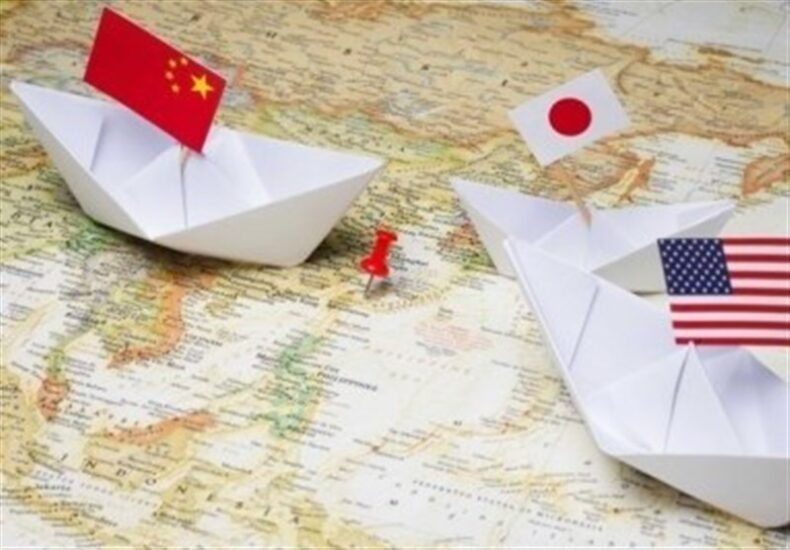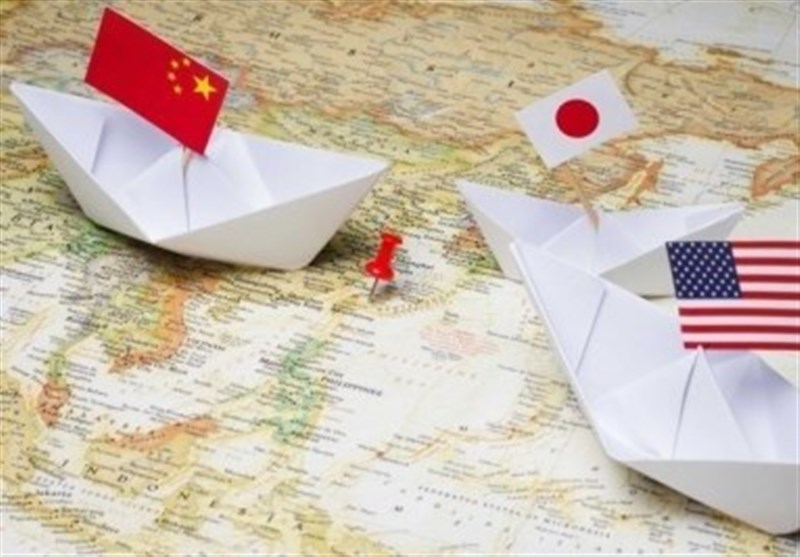
PEJOURNAL – An expert on Security and Geopolitics, explaining the strategic approaches of powers in Indo-Pacific, stated: The Quad agreement with the withdrawal of Australia was suspended until 2010, but in the negotiations of the leaders of the four member states in the 2017 ASEAN meeting in Manila it was revived for military and diplomatic confrontation with China in the South China Sea.
She added: Although in the statement of the recent virtual meeting, presidents of the four countries emphasized cooperation of the countries in establishing order in the East and South China Seas, as well as cooperation in controlling the economic and health effects of COVID-19, considering the issues raised in the statement it seems that the talks aimed at balancing power in the region before China, which has been the focus of the talks from the beginning.
The US seeking to take advantage of India and Japan leverages
The faculty member of the Department of South, East Asia and the Pacific Studies at the School of World Studies, said: Those moves show that Biden, like Trump, has pursued a policy of confrontation with China, and this is not the case that there will be a change in the relationship between China and the United States after the coming to power of Biden. It is important for the United States to curb China’s rise to power and to use the leverage it has already used in the region, such as Japan and India.
Regarding Japan’s policy towards the United States and China, despite participating in the Regional Comprehensive Economic Partnership (RCEP), which is the world’s largest free trade agreement and a measure against the United States, She also said: Japan has to cooperate with the United States and rely on that country politically for two reasons. On the one hand, the security agreement between this country and the United States must be taken into account; the treaty was concluded in 1952 and renewed in 1960. On the other hand, the background of historical tensions between this country and the countries of the Indo-Pacific region is an important issue that shows its effects on many policies and relations.
Japan cannot rely on China
Saying that Japan cannot rely on China politically because of its historical disputes with that country and build a credible political relationship, she continued: Other countries in the Indo-Pacific region are not as politically reliable as Japan, which was raised in the world as “approach to the East from Japan” was more about trade and economics; because from 2002 onwards, due to the high economic growth in some countries in the Indo-Pacific region, Japan took the approach of looking Eastward and entered into a series of economic and trade agreements with countries in the region, especially China and South Korea.
Meanwhile, the analyst of the East Asia and Japan affairs, noted that Japan remains politically dependent on the United States, although Japan has taken various steps to improve relations with countries in the Indo-Pacific region, such as establishing branches of major Japanese trading companies in those countries, for the reasons explained it cannot rely on those countries in terms of politics and security.
US efforts to build power against China in the Indo-Pacific region not to succeed in the long run
Regarding the impact and consequences of those US measures in the Southeast Asian region, she said: According to most Chinese experts, that country seems to have reached an economic and technological point where the United States can no longer prevent the emergence of its power in the region. However, China’s economic and trade influence in the world will create a new form of world order that will certainly be different from the current situation.
She also commented on the prospect of competition between the powers in the Indo-Pacific and said: In the current situation, despite the large and high volume of investments of Japanese, American, and Chinese companies, in the short term, military tension in this region seems to be eliminated.
She also added: Trade relations are now very strained and this reduces the possibility of tension; but in the long run, if those companies leave China, there is a possibility of tension due to the intensification of the competitions.
